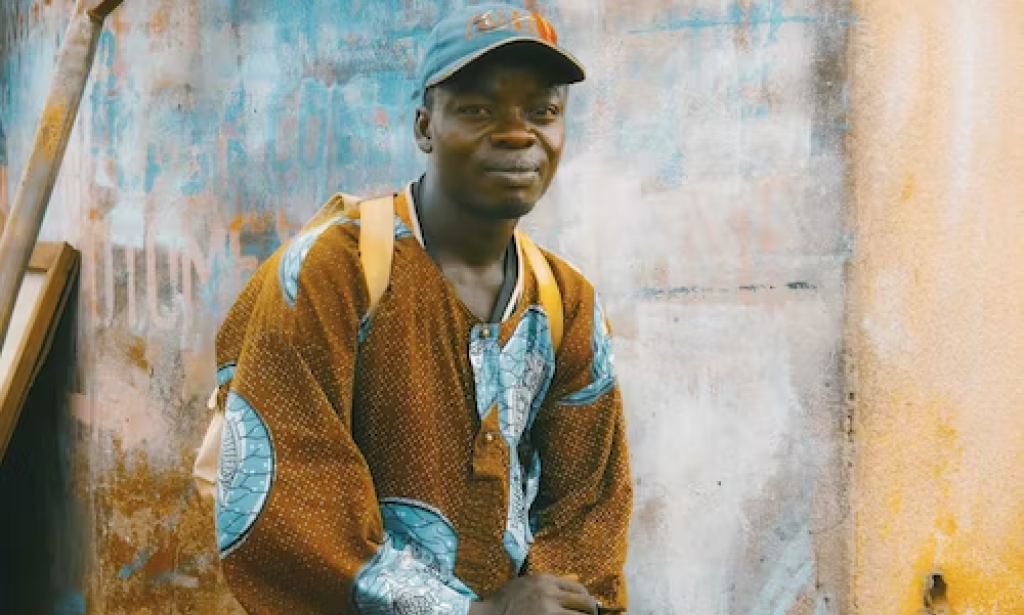INTRODUCTION
The Izzi people is an Igbo sub-group, in South Eastern Nigeria. They are the direct descendants of Nnodo. They are therefore, often referred to as Izzi Nnodo Ekumenyi. They are found predominantly in the present state of Ebonyi. The central unity home for all Izzi descendants is Amegu in Abakaliki Local Government. Thus, Amegu remains the ancestral home for the people of Izzi in Ebonyi state. This is where I hail from. I am set out to briefly expound her political administration or the political institutions our people practiced in the pre-colonial era.
PRECOLONIAL POLITICAL INSTITUTION IN IZZI LAND
The piece information I collated as regards the pre-colonial institutions and administration in my town which is contained is through a means of oral interview with some elders in my town. A thematic presentation of the persons interviewed as shown below.
Chief Clement Origbakpor (82 years, interviewed on 23/12/2021): According to the Chief Clement, every village in Izzi land had a Counil of Elders that carried legislative, executive and judicial powers. It consisted of representatives of every family that lived in that territory. And each representative had its own name in the council.
Hence, there were basically four groups to which each family belonged: Umuezegbe, Amezenwopho, Umuawo, and Umugo. Of all the elders’ members, there was a most respectable member. He is usually the eldest and wisest of all, and he is addressed as Oguruenya. He could convoke a meeting and adjudicate cases if need be.
Ozo Mbam Aloke (89 years, interviewed on 27/12/2021): This eldest spokesman from the Umuezegbe family lineage corroborated what I got from Chief Clement. He narrated the story of how an elder from Umuawo pursued the earliest colonial masters who wanted to become inhabitants of the Inyimegu town. This decision to drive them out was unanimously agreed upon, and the representatives invoked bees to go after the white men. They all fled away.
Nwophoke Nwedu (82 years, interviewed on 29/12/2021): Being a retired Principal, he added that there was then the Council of the village which was responsible for settling disputes and arguments; punish those who committed criminal and penal offences with the territory. Grave offences such as adultery and was usually punishable by parading the culprit(s) unclad around the market and then the entire village. They may also be fined heavily considering the gravity of the offence committed.
Chief Nwambam Okeh (83 years, interviewed on 02/01/2022): Being an eldest spokesman of Amaezenwopho family lineage, he reiterated what others aforementioned said. He further added that apart from the Ozo and Oguruenya, who convoke meetings and adjudicate cases, there is the age-grade group. The senior age-grade group maintained peace and order in the village, the middle age-grade group concentrated on providing security to the village by warding off external attacks, while the younger age-grade group focused on the sanitation of the community, as well as other duties assigned to them. Thus, the age-grade group were fully involved in the political administration of the village. They as well acted as check to the council of elders that mainly constituted the administrative body.
SUMMARY OF MY FINDINGS
This was possible because the leadership style was decentralized and based on the respective villages. It was a simple democracy where everyone (male) in the village has the authority to make contributions in decision making according ones age-grade even when the contribution does not seem to make sense. From the interview, I also gathered that the three arms of government and their respective functions were fully represented as shown below. The Executive function: it was performed by the village assembly. Council of elders an age-grade groups. The Legislative function: it was performed by the council of elders; Ndi Ichie and the high priest of deities (Eze Mmuo). The Judicial function: was performed by the council of elders and priests of deities.
Therefore, every village in Izzi land had representatives, as seen above that carried out the executive, legislative and judicial functions. It consisted primarily of representatives of every family that lived in that territory. Each representative has its own name in the council, hence they were basically four groups to which each family belonged; Umuezegbe, Amezenwopho, Umuawo, and Umugo.

You must be logged in to post a comment.